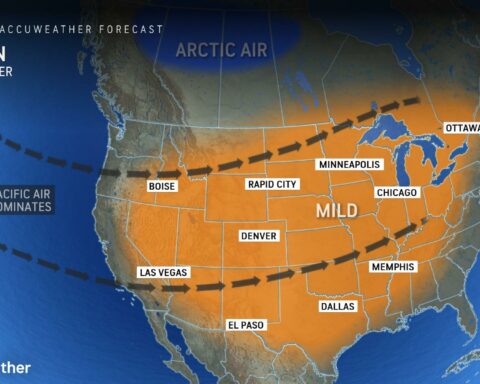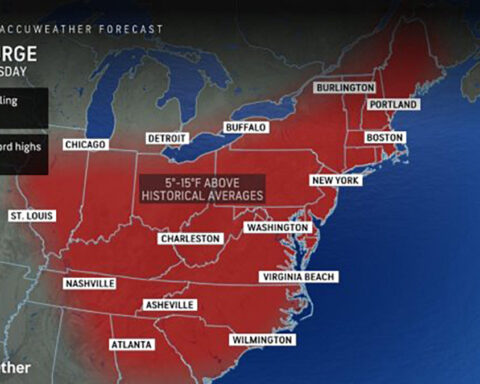Kathryn Carley, Commonwealth News Service
Legislation introduced in the Commonwealth aims to reduce the racial wealth gap by creating a statewide “Baby Bonds” program.
The investments are made and managed by the government on behalf of newborn children in low-income households with little opportunity to generate wealth. The funds are then made available to the child once they turn 18, and can be used for college, starting a business or even to purchase a home.
Deborah Goldberg, State Treasurer, called it a proactive approach to addressing historic inequities.
“This is good for everybody, because it ultimately creates a stronger economy within our state,” Goldberg asserted.
Goldberg noted a state task force advised an initial Baby Bonds investment from the American Rescue Plan. Children one year of age or younger in families receiving certain public benefits or in foster care would be automatically enrolled.
Many communities of color in Massachusetts have historically been excluded from traditional opportunities to build wealth. A 2015 Federal Reserve study found in the greater Boston area alone, the median net worth for white households is nearly $250,000, while for Black households it’s just $8.
Joe Diamond, executive director of the Massachusetts Association for Community Action, a coalition of community action agencies, said Baby Bonds provide a foundation for equal opportunity.
“It’s really difficult for the people that we serve to be in a position to not only work with what they have at the moment, but then to think about a hopeful future,” Diamond observed.
Connecticut and Washington, D.C., have already passed laws creating Baby Bonds, and several other states are considering them. Rep. Ayanna Pressley, D-Mass., recently introduced the American Opportunity Accounts Act to create a national Baby Bonds program, as she puts it, to make “economic opportunity a birthright.”

















